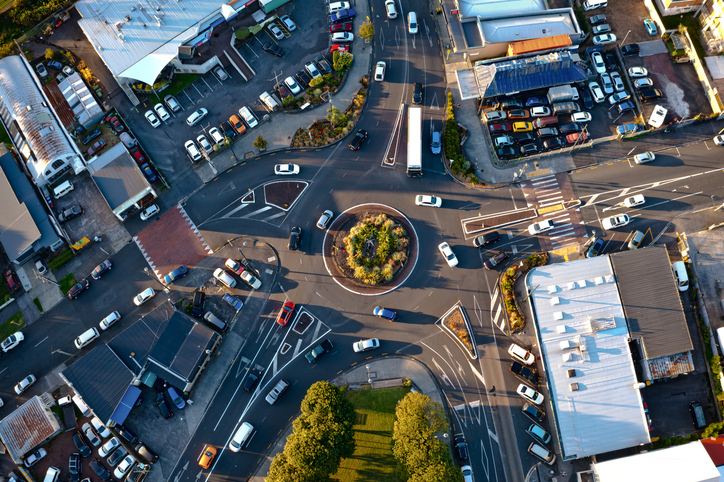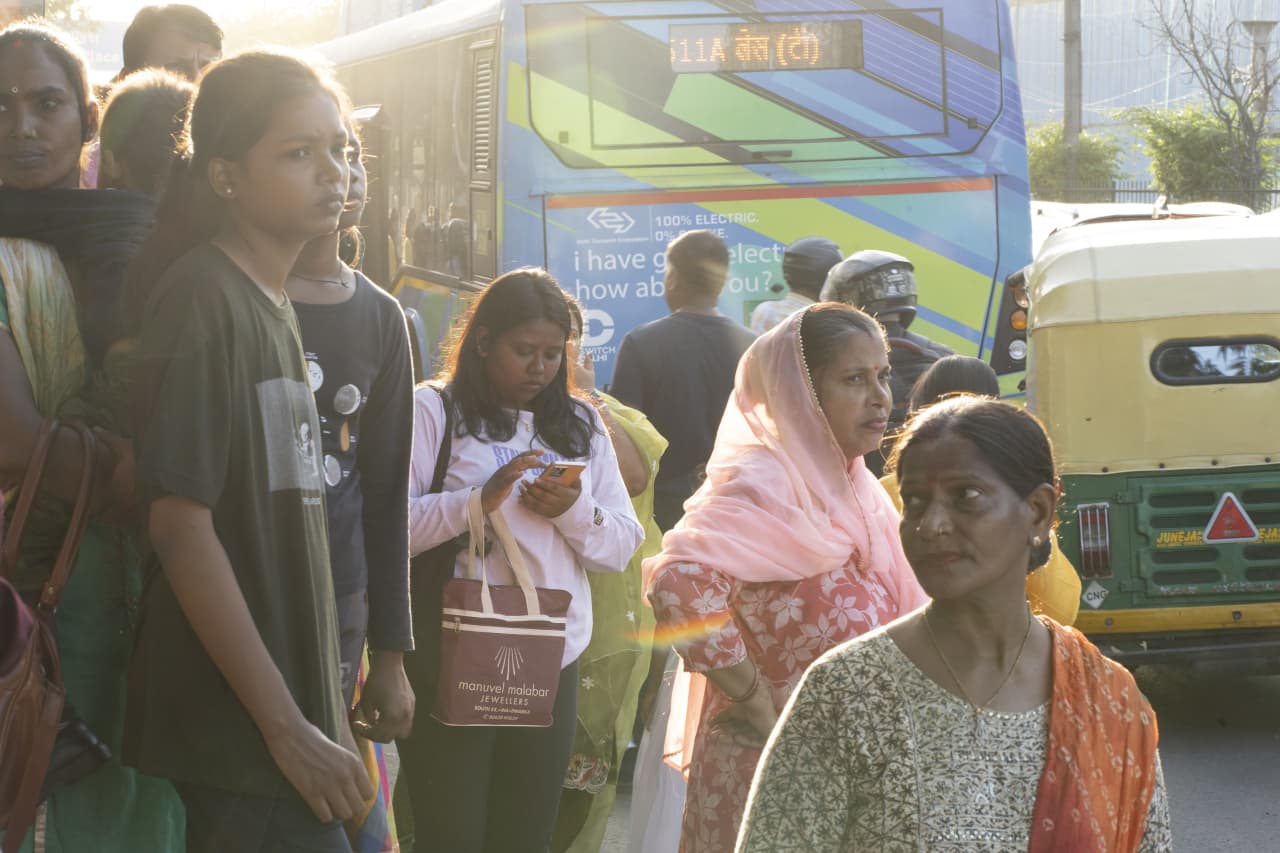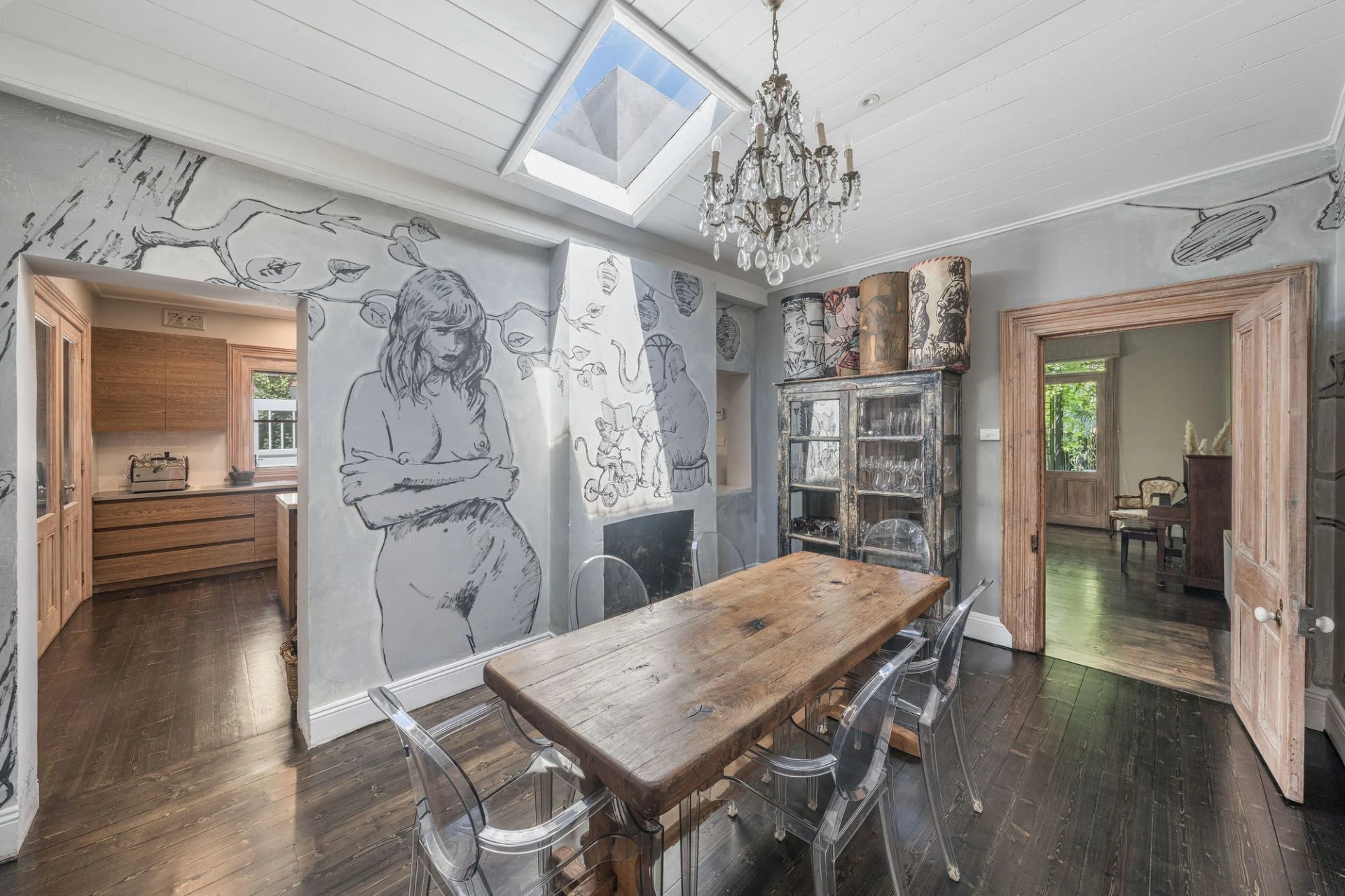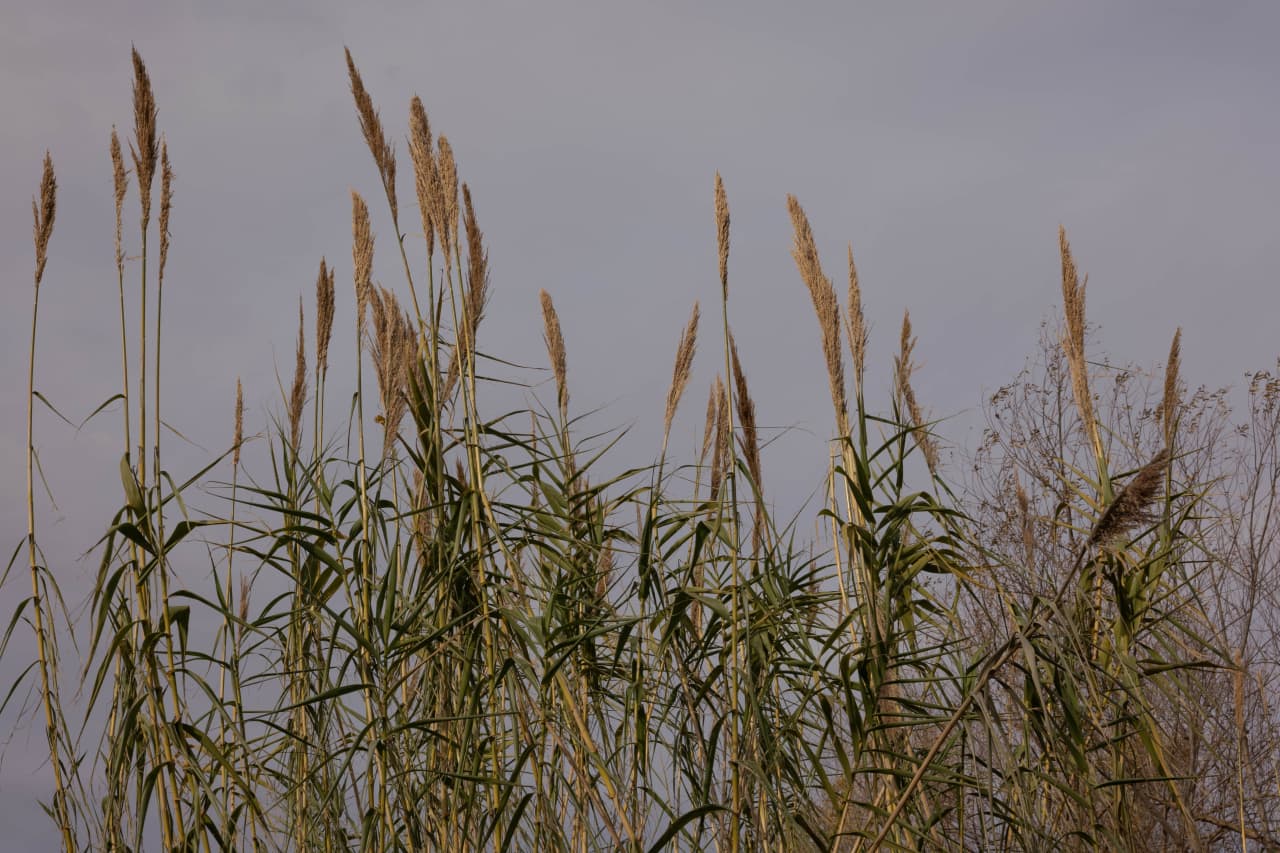Buyer’s regret: the purchases we wish we hadn’t made are on the rise
New data shows more Australians are having second thoughts about racking up certain kinds of debt
One in two credit card holders regret a purchasing decision they’ve made using plastic, with Australians racking up a record $34 billion on their cards per month.
Research by Finder found 52 percent of Australians have felt buyer’s remorse, with the top categories of rued expenditure being clothes, shoes and accessories (12 percent), gambling products and services (8 percent), other expenses (6 percent), holidays (5 percent) and entertainment including concerts and sports events (5 percent).
The findings come amid a cost-of-living crisis caused by the highest inflation rate in decades and the highest official interest rates since 2012. Consumers are tightening their belts, with the latest retail trade figures showing turnover is still rising but at the slowest annual pace in 40 years, as we begin to see the typical lagged impact on household budgets of 12 interest rate rises since May last year. The retail data from the Australian Bureau of Statistics shows people are restricting their spending on household goods but are still happy to pay for meals and drinks at cafes and restaurants.
“Considering how high inflation and strong population growth has added to retail turnover in the past year, the historically low trend growth highlights just how much consumers have pulled back in response to cost-of-living pressures,” said ABS head of retail statistics, Ben Dorber. Other ABS data shows household savings ratios have fallen to their lowest level since 2008, with Australians having now depleted record savings amassed during the pandemic due to stimulus payments and periods of lockdown.
Latest figures published by the Reserve Bank of Australia revealed consumers spent a record $34.4 billion on their credit cards in August, up 6.8 percent on the same time last year. The Finder research showed Australians charge an average of $2,584 on their credit cards per month.
Finder’s credit card expert, Amy Bradney-George, said Australians should focus on their long-term patterns of spending rather than one bad purchase. “Millions have experienced buyer’s remorse, but the repercussions could be far reaching if these regrettable purchases become a habit. Many of us have bought something without considering our household budget, but with the rising cost of living, a bad buy now can hurt more than it might have a few years ago.”
Bradney-George said impulse buys or other unplanned purchases “can wreak havoc on your finances, especially if you don’t pay your credit card off in full each month.” She advised consumers to “sleep on it” to avoid impulse spending. “If you still want the item 24 hours later, it can be easier to justify and manage the cost.” She points out that some credit card issuers allow consumers to set spending limits or blocks on certain types of transactions, which could help reduce temptation.
It is crucial that consumers pay off their credit cards in full every month, said Bradney-George. “This could mean timing repayments to match up with your payday, setting up automatic payments through your credit card account or putting reminders in your calendar. If consumers are struggling with credit card debt, it might be time to shop around for a 0% balance transfer deal which will allow them to pay off their debt without drowning in extra interest charges.”
This stylish family home combines a classic palette and finishes with a flexible floorplan
Just 55 minutes from Sydney, make this your creative getaway located in the majestic Hawkesbury region.
Governments around the world are offering incentives to reverse a downward spiral that could threaten economic growth
The Australian birth rate is at a record low, new data has shown.
Figures from the Australian Bureau of Statistics have revealed there were 286,998 births registered around the country last year, or 1.5 babies per woman.
Birth rates in Australia have been in a slow decline since the 1990s, down from 1.86 births per woman in 1993. Declining fertility rates among girls and women aged 15 to 19 years was most stark, down two thirds, while for women aged 40 to 44 years, the rate had almost doubled.
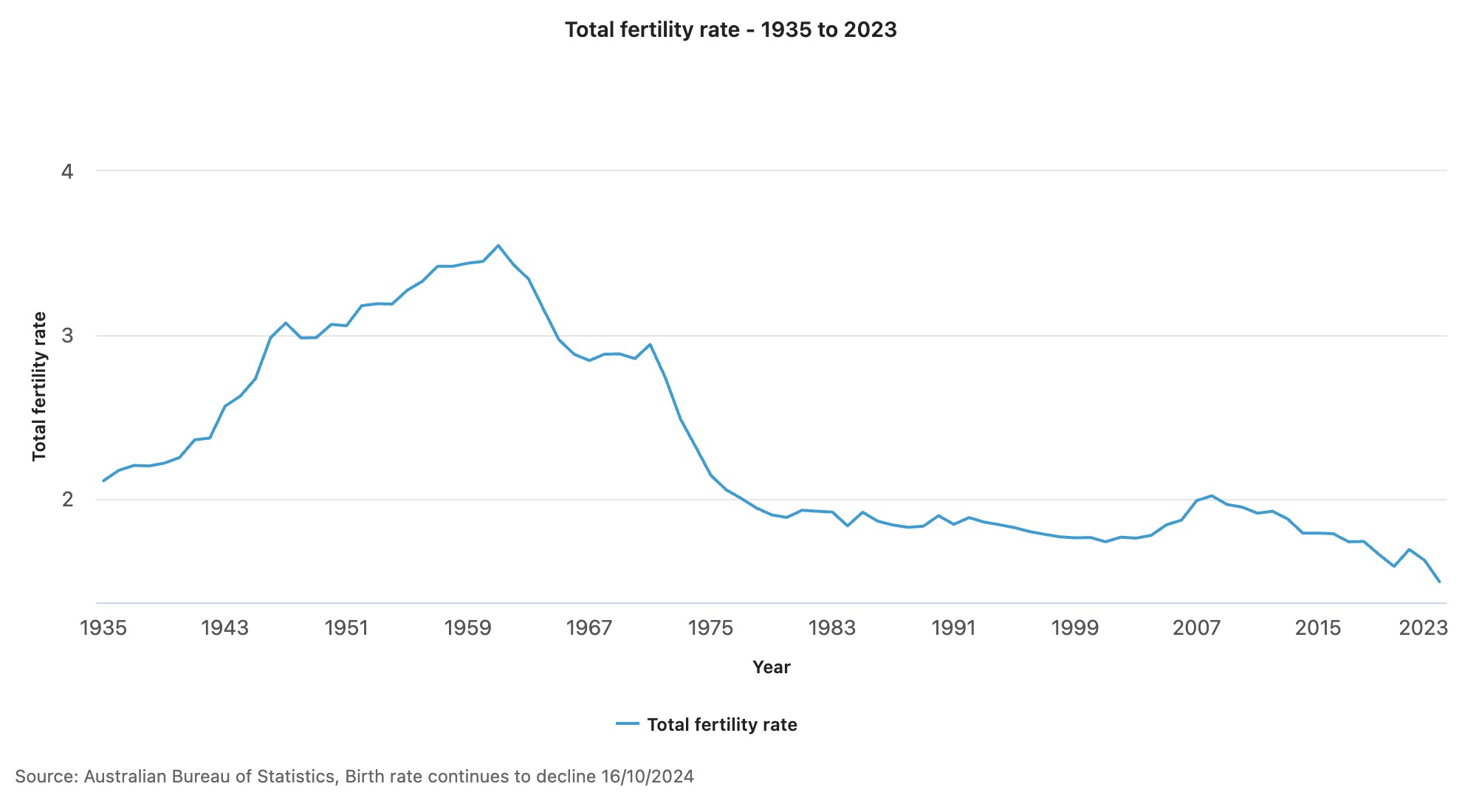
“The long-term decline in fertility of younger mums as well as the continued increase in fertility of older mums reflects a shift towards later childbearing,” said Beidar Cho, ABS head of demography statistics. “Together, this has resulted in a rise in median age of mothers to 31.9 years, and a fall in Australia’s total fertility rate.”
The fall in the Australian birth rate is in keeping with worldwide trends, with the United States also seeing fertility rates hit a 32-year low. The Lancet reported earlier this year that, based on current trends, by 2100 more than 97 percent of the world’s countries and territories “will have fertility rates below what is necessary to sustain population size over time”.
On a global scale, the Lancet reported that the total fertility rate had “more than halved over the past 70 years” from about five children per female in the 1950s to 2.2 children in 2021. In countries such as South Korea and Serbia, the rate is already less than 1.1 child for each female.
Governments around the world have tried to incentivise would-be parents, offering money, increased access to childcare and better paid maternity leave.
Experts have said without additional immigration, lower birth rates and an ageing population in Australia could put further pressure on young people, threaten economic growth and create economic uncertainty. However, a study released earlier this year by the University of Canberra showed the cost of raising a child to adulthood was between $474,000 and $1,097,000.
This stylish family home combines a classic palette and finishes with a flexible floorplan
Just 55 minutes from Sydney, make this your creative getaway located in the majestic Hawkesbury region.













